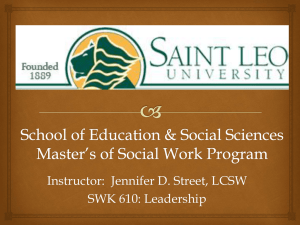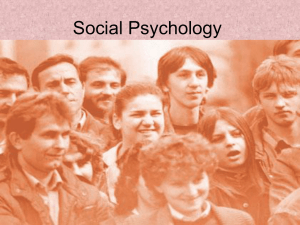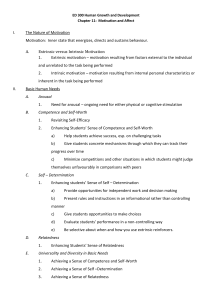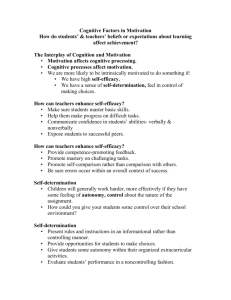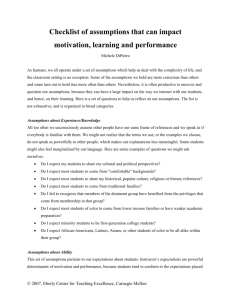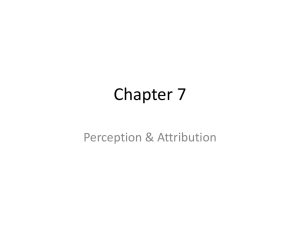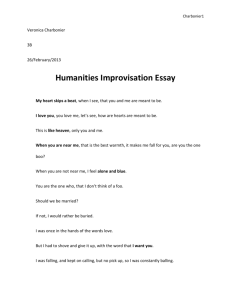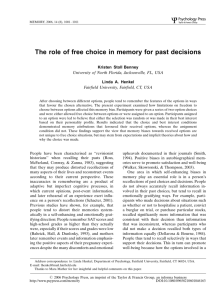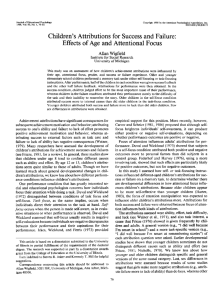Abstract How Family-of-Origin Perspectives Influence Self and
advertisement
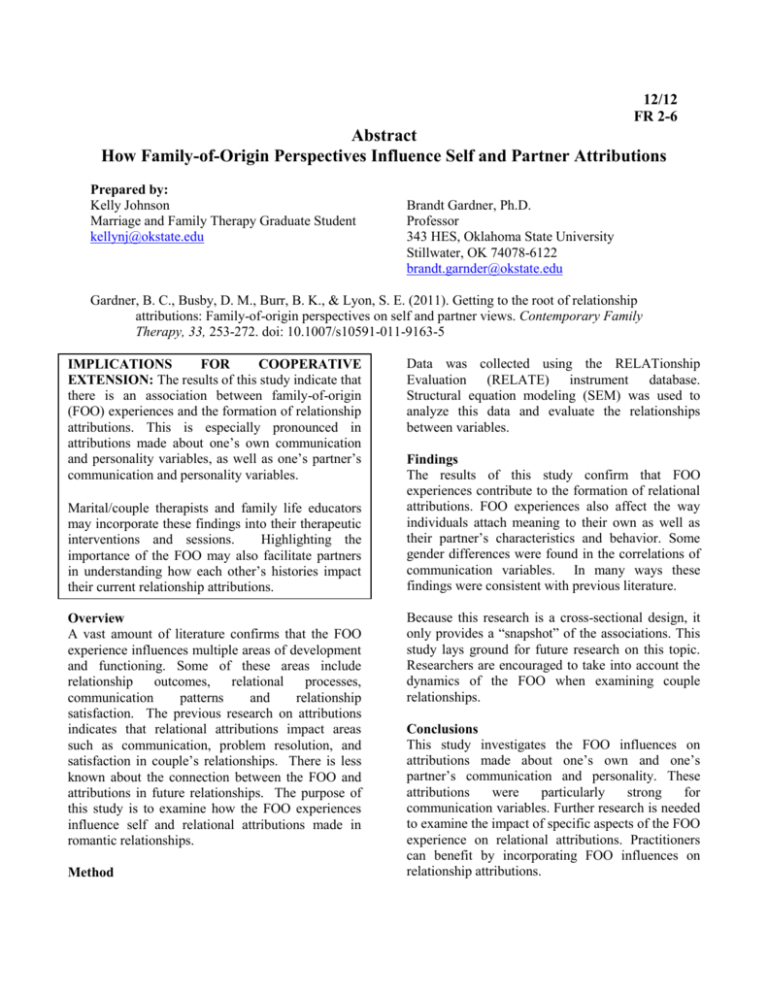
12/12 FR 2-6 Abstract How Family-of-Origin Perspectives Influence Self and Partner Attributions Prepared by: Kelly Johnson Marriage and Family Therapy Graduate Student kellynj@okstate.edu Brandt Gardner, Ph.D. Professor 343 HES, Oklahoma State University Stillwater, OK 74078-6122 brandt.garnder@okstate.edu Gardner, B. C., Busby, D. M., Burr, B. K., & Lyon, S. E. (2011). Getting to the root of relationship attributions: Family-of-origin perspectives on self and partner views. Contemporary Family Therapy, 33, 253-272. doi: 10.1007/s10591-011-9163-5 IMPLICATIONS FOR COOPERATIVE EXTENSION: The results of this study indicate that there is an association between family-of-origin (FOO) experiences and the formation of relationship attributions. This is especially pronounced in attributions made about one’s own communication and personality variables, as well as one’s partner’s communication and personality variables. Marital/couple therapists and family life educators may incorporate these findings into their therapeutic interventions and sessions. Highlighting the importance of the FOO may also facilitate partners in understanding how each other’s histories impact their current relationship attributions. Overview A vast amount of literature confirms that the FOO experience influences multiple areas of development and functioning. Some of these areas include relationship outcomes, relational processes, communication patterns and relationship satisfaction. The previous research on attributions indicates that relational attributions impact areas such as communication, problem resolution, and satisfaction in couple’s relationships. There is less known about the connection between the FOO and attributions in future relationships. The purpose of this study is to examine how the FOO experiences influence self and relational attributions made in romantic relationships. Method Data was collected using the RELATionship Evaluation (RELATE) instrument database. Structural equation modeling (SEM) was used to analyze this data and evaluate the relationships between variables. Findings The results of this study confirm that FOO experiences contribute to the formation of relational attributions. FOO experiences also affect the way individuals attach meaning to their own as well as their partner’s characteristics and behavior. Some gender differences were found in the correlations of communication variables. In many ways these findings were consistent with previous literature. Because this research is a cross-sectional design, it only provides a “snapshot” of the associations. This study lays ground for future research on this topic. Researchers are encouraged to take into account the dynamics of the FOO when examining couple relationships. Conclusions This study investigates the FOO influences on attributions made about one’s own and one’s partner’s communication and personality. These attributions were particularly strong for communication variables. Further research is needed to examine the impact of specific aspects of the FOO experience on relational attributions. Practitioners can benefit by incorporating FOO influences on relationship attributions.
